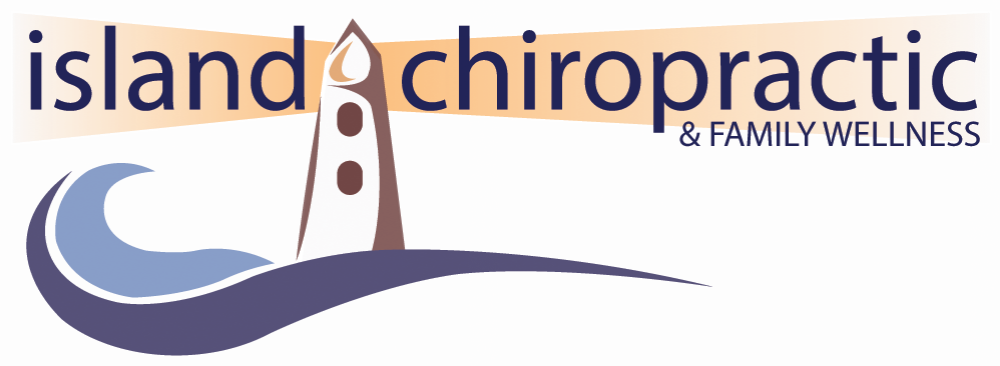CONCUSSIONS & Chiropractors
· Concussion is a brain injury caused by a blow to the head, or to another body region resulting in a sudden jarring of the head and neck.
· You DO NOT have to get “knocked out” (lose consciousness) to get a concussion.
· Symptoms are not just physical, but can also affect the way you think, memory, and behavior.
· Usually results in rapid onset, short-lived neurological impairment that resolves in 7-10 days.
· X-rays, CT scans and MRIs rarely show any detectable injury.
What are the signs and symptoms of concussions?
**There is a wide range of signs and symptoms that may last only a short time (sometimes under 15 minutes). Young athletes can have a delayed onset of symptoms and some athletes have a brief period of symptoms that resolve and then return hours/days later.
Confusion
Headache
Emotional changes
Trouble falling asleep
Amnesia
Dizziness
Irritability
Sleeping more than usual
Disorientation
Balance disruption
Fatigue
Sleeping less than usual
Vacant stare
Nausea/Vomiting
Anxiety
Inability to focus
Visual disturbances
Sadness
Feeling as if “in fog”
Loss of consciousness
Delayed verbal and motor responses
Slurred/incoherent speech
Excessive drowsiness
Recovering from a concussion
· See a healthcare provider
· If the athlete has had head trauma, they do NOT return to play
· Initial management should include total REST for a period of 24 hours – absolutely no reading, watching TV, playing video games, using a cell phone, playing games, going to school or work, or physical activity
· Rest your mind and body
· Focus on improving sleep hygiene – avoid daytime naps
· Eat a balanced diet, increase consumption of OMEGA 3 fatty acids and vitamin D
· Meditation / relaxation / visualization exercises have shown improve recovery time
· The acute use of medication is to be avoided as it can mask the signs of worsening condition
· The use of NSAIDS (ibuprofen) should be avoided acutely in case of intracranial hemorrhage
· The athlete should not return to play until given clearance by their DC or MD. Returning to play too soon can increase the chance of “second impact” syndrome – causing a worsening of the symptoms and suffering a more serious brain injury

